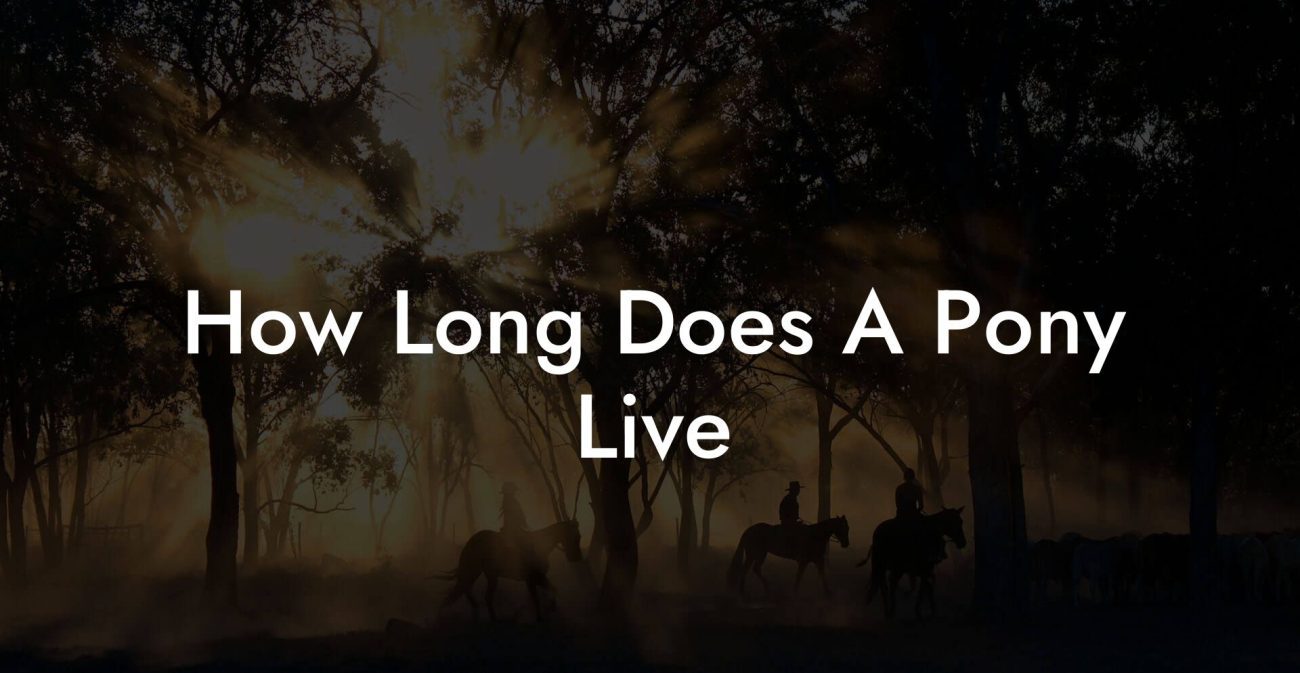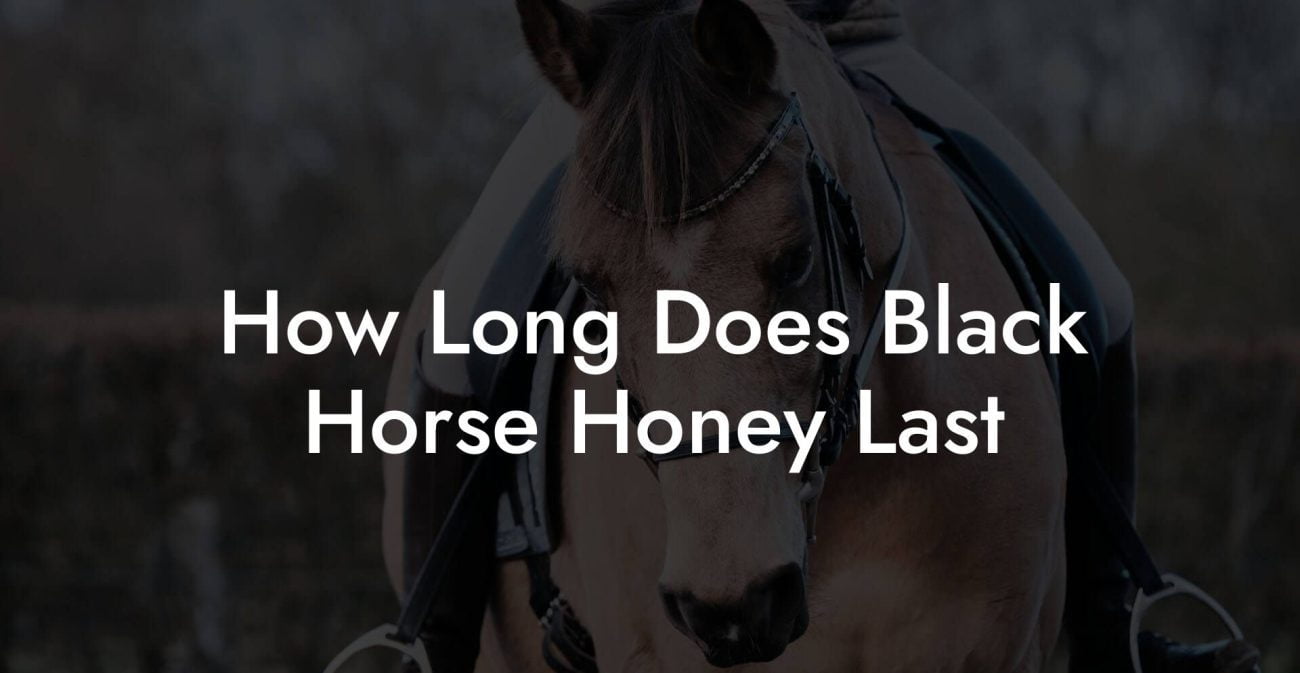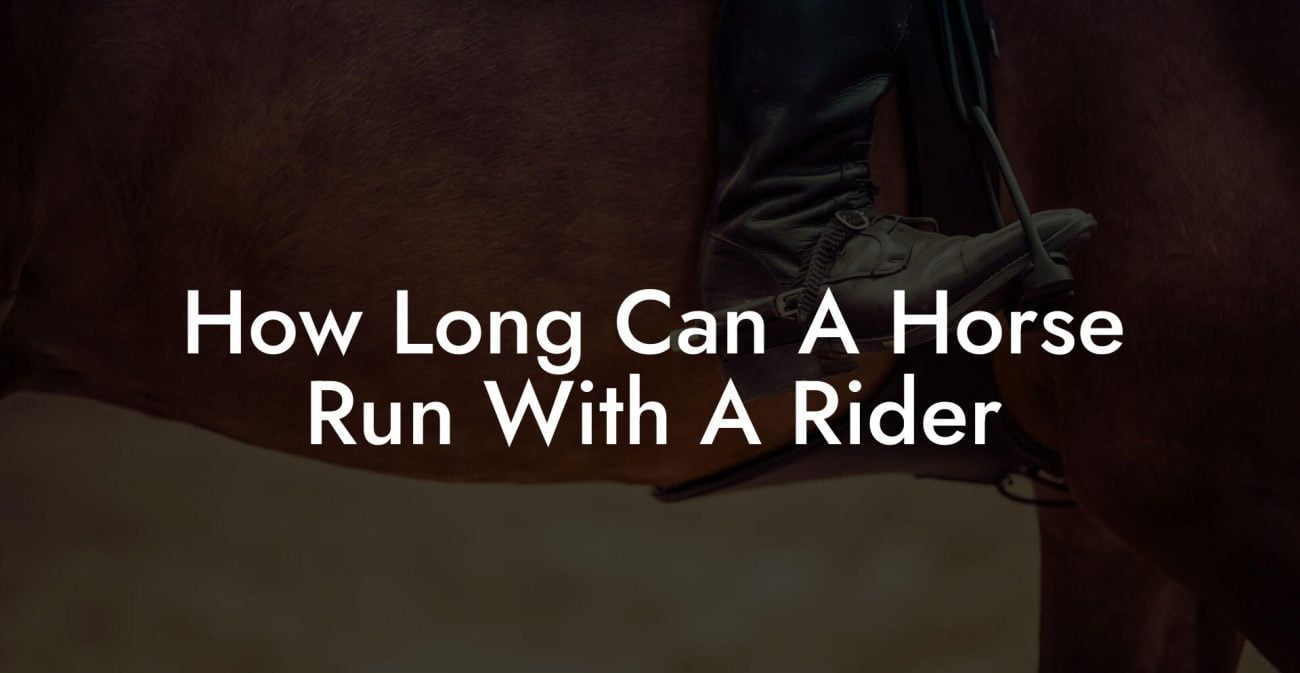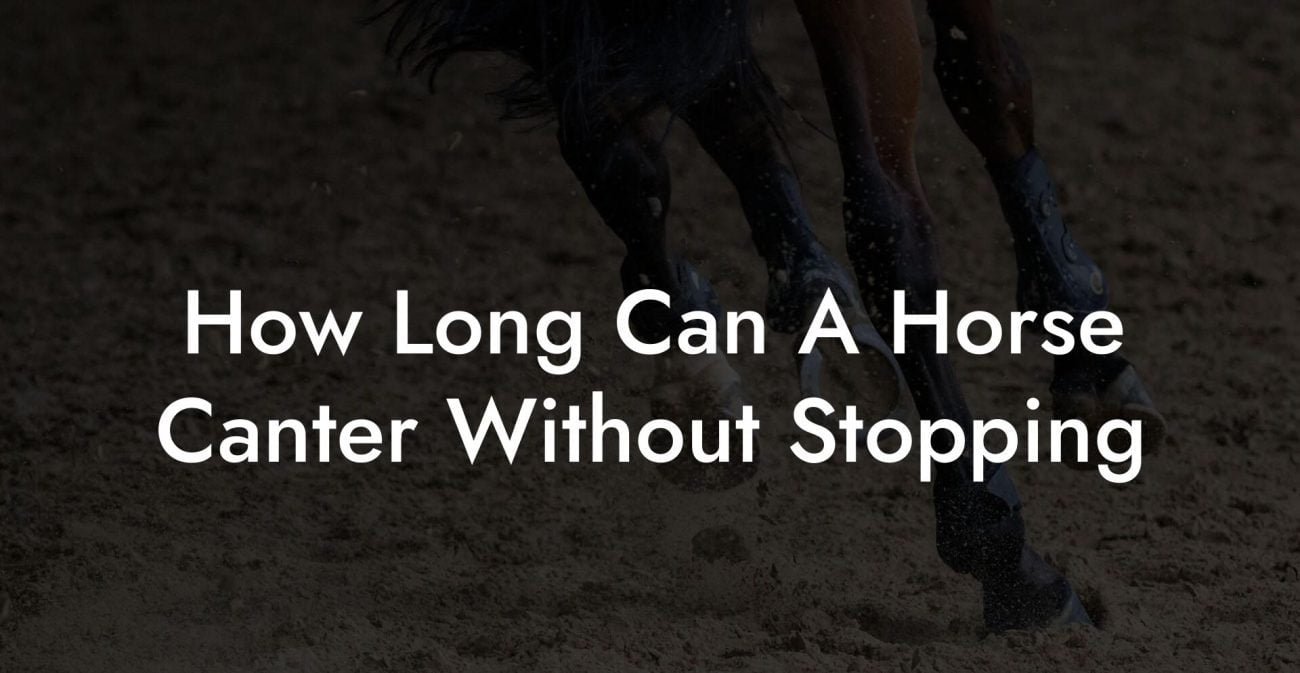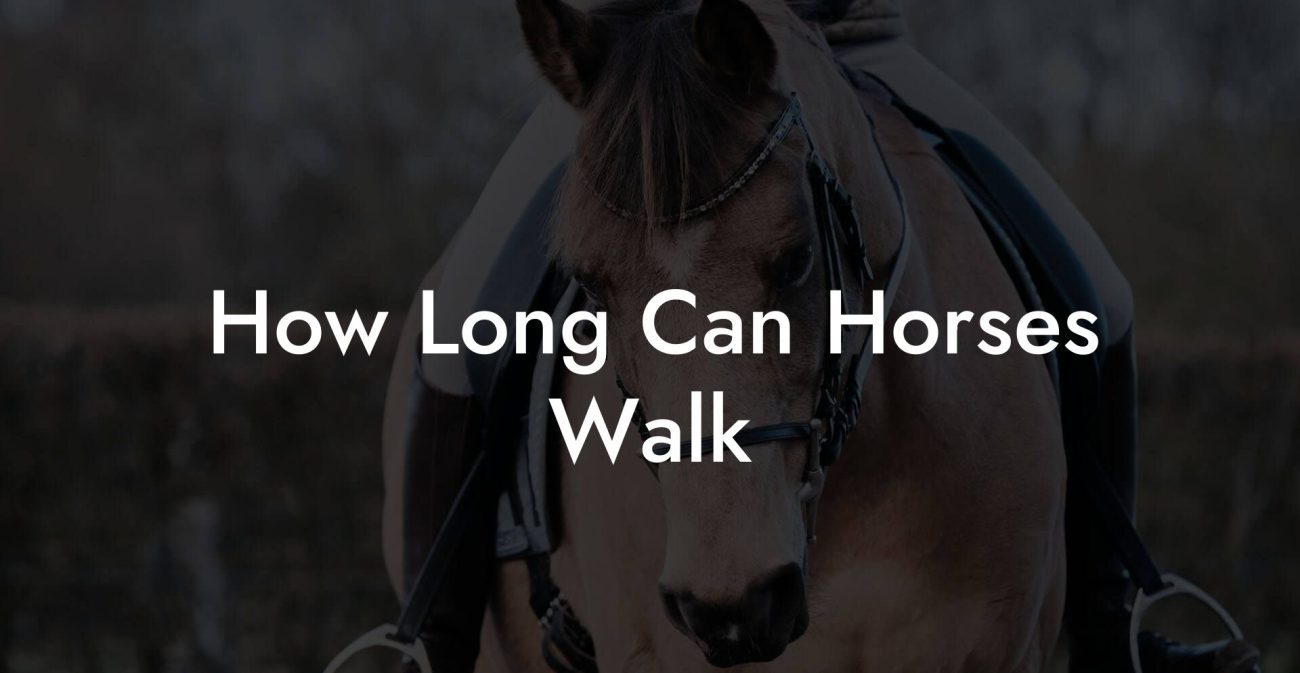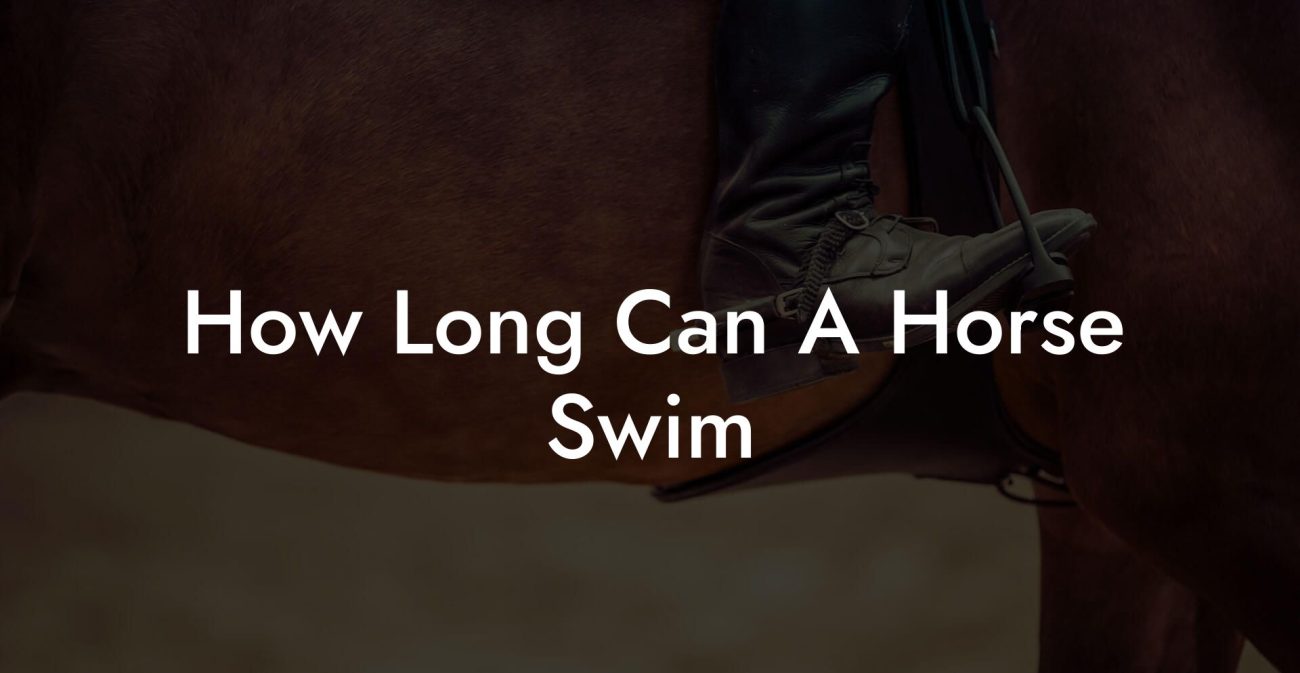Betting on horses isn’t just a matter of luck, it’s a dynamic fusion of art, science, and genuine passion. Whether you’re a seasoned racing aficionado or a curious newcomer eager to learn the ropes, picking the right horse to bet on involves a deep dive into extensive research, insightful analysis, and recognizing moments where a horse’s care and potential perfectly align. In this guide, we’ll walk you through every step of the process, from understanding the basics of the racing world and identifying healthy, well-cared-for horses, to leveraging data-driven insights and community wisdom to make confident, informed bets. Buckle up as we mix unconventional humor with solid insights tailored for a Gen-Z and millennial audience, because winning starts when you know how to read between the lines.
Quick Links to Useful Sections
- The Dual Worlds of Horse Racing and horse care
- The Fundamentals: Horse Racing 101 and the Art of Betting
- Evaluating a Horse for Betting: Research, Health, and Form
- Essential Horse Care Practices: The Cornerstone of a Champion
- Data-Driven Betting Strategies for the Modern Era
- Harnessing Cutting-Edge Technology in the Racing World
- Horse Care Essentials: Feeding, Fitness, and Fortitude
- Case Studies: When Betting Strategy Meets Exemplary Horse Care
- Case Study 1: The Underdog’s Uplift
- Case Study 2: The Synergy of Jockey and Equine
- Case Study 3: The Revival of a Champion
- Crafting a Personalized Betting and Horse Care Plan
- Step 1: Comprehensive Research and Data Collection
- Step 2: Define Your Betting Goals
- Step 3: Integrate Technology and Community Feedback
- Step 4: Test, Learn, and Iterate
- Step 5: Create a Daily Routine
- Resources and Community Support: Your Next Steps
- Frequently Asked Questions on Betting and Equine Care
- Your Winning Path: Where Betting Strategy Meets Exceptional Horse Care
The Dual Worlds of Horse Racing and horse care
At first glance, horse betting might seem like a game of chance based solely on split-second decisions at the track. But here’s the twist: behind every lightning-fast sprint lies a story of dedicated care, precision training, balanced nutrition, and even a bit of trendy tech. Modern horse racing transcends outdated clichés. Now, it’s all about marrying traditional racing instincts with an integrative approach, one that emphasizes the well-being and performance of the actual equine athlete.
Whether your interest lies in placing wagers on a well-researched race day or in understanding how proper horse care can translate into optimal performance on the track, both disciplines share a common language. They celebrate discipline, resilience, and the evolving understanding of animal care practices supported by advanced analytics. In today’s digital age, where data-driven decisions are the norm, intertwining horse care and betting strategies offers the ultimate competitive edge.
For Gen-Z and millennials, this integrated perspective is particularly compelling, blending the excitement of live competition with an authentic commitment to ethical animal care and responsible betting practices. As race results become more unpredictable and technology transforms every aspect of our lives, it’s time to realize that the secret to success on the track goes far beyond the fleeting thrill of a wager, it starts with how well the horses are cared for.
The Fundamentals: Horse Racing 101 and the Art of Betting
Before diving into the intricate details of betting and horse care, it’s essential to have a firm grasp of the basics of horse racing. At its core, horse racing is not only about pure speed, it’s about the perfect amalgamation of genetics, training, nutrition, and the innate heart of the animal.
Understanding the Racing Environment:
Horse racing takes place on tracks that come in various surfaces, from turf and dirt to synthetic tracks. Knowing the surface type is crucial because some horses perform exceptionally on a particular course. For a betting strategist, these details matter, a horse that flourishes on turf may not fare as well on a muddy dirt track, and vice versa.
The Role of the Jockey:
The jockey is the human embodiment of the racing strategy. Their skill, experience, and rapport with the horse can significantly influence the final outcome. When evaluating a bet, consider jockey statistics, recent performance trends, and even how harmoniously they work with their mounts. A well-cared-for horse often builds a strong connection with its jockey, which can translate into a performance edge during critical race moments.
Bet Types and Strategies:
Betting on horses isn’t a one-size-fits-all endeavor. With options ranging from win, place, and show bets to more complex exotic wagers like exactas, trifectas, and superfectas, understanding your betting style is critical. Data-driven bettors leverage historical performance, track conditions, and even biometric data gathered from horse care routines to inform their decisions. For the modern bettor, a diversified strategy that marries statistical analysis with an understanding of horse wellness provides the best of both worlds.
Key Metrics in Horse Racing:
Some of the essential metrics include speed figures, race splits (the breakdown of a race into timed segments), the horse’s pedigree, and even recovery rates between races. These metrics aren’t just numbers, they tell a story about a horse’s long-term development and overall health, serving as critical tie-ins to the world of horse care.
Evaluating a Horse for Betting: Research, Health, and Form
Successful betting starts long before race day. It requires an analytic mindset paired with a touch of intuition, qualities that resonate with a generation raised on instant data and real-time insights.
Race Form and Historical Data:
Form guides help track a horse’s performance over time. They encapsulate recent race finishes, speed figures, and how the horse fared under different conditions. For someone looking to pick a horse to bet on, scrutinizing form is just as important as evaluating a horse’s daily care routine.
Health and Care Insights:
Behind every impressive performance is a well-cared-for athlete. Horse care goes beyond basic grooming, their diet, workout regimen, recovery time, and even mental health all play a part in shaping their performance. A horse that is well-nourished, properly rested, and under consistent, expert care stands a better chance of hitting peak performance when racing.
Genetics and Pedigree:
Heritage and lineage matter immensely in the racing world. A celebrated bloodline can provide promising hints about a horse’s potential, especially when combined with top-notch care. This blend of inherited prowess and modern care techniques has become a staple of successful racehorse performance analysis.
Dynamic Data and Advanced Analytics:
In our tech-savvy era, every race is scrutinized through advanced analytics. Statisticians pull in data sets ranging from a horse’s stride consistency to its heart rate variability during and after races. These numeric indicators, when aligned with visible signs of physical and emotional well-being, allow bettors to make more accurate predictions.
The art lies in connecting the dots between a horse’s day-to-day care and its long-term performance. By evaluating both immediate factors (like grooming and training sessions) and historical data (such as race form and genetic lineage), you build a holistic picture that helps you pick that winning horse.
Essential Horse Care Practices: The Cornerstone of a Champion
Horses aren’t just machines built for speed, they are living beings with complex needs. For many bettors, understanding the behind-the-scenes of horse care is not only ethical but also a potent source of insight into performance potential.
Nutritional Excellence:
A horse’s diet profoundly influences its stamina, speed, and recovery. High-quality hay, balanced grains, and specialized supplements are part of the daily regimen for many top-performing racehorses. Nutritionists in the racing industry meticulously design diets that optimize energy output and muscle repair, adding another layer of strategy to your betting lens.
Exercise and Training Routines:
Just like human athletes, racehorses benefit from a structured training program that incorporates endurance work, sprint sessions, and recovery periods. Modern training methods even integrate wearable technology to monitor heart rate, temperature, and overall stress levels, offering precise insights into how a horse responds to various workouts. As a bettor, knowing about a horse’s training routine can give you a glimpse of its potential readiness and resilience.
Grooming and Health Monitoring:
Daily grooming isn’t just an aesthetic practice, it’s a vital part of a horse’s care that promotes skin health, early detection of ailments, and overall comfort. Regular veterinary check-ups, vaccinations, and even specialized therapies like massage or hydrotherapy help maintain peak condition. For those interested in betting, a horse that shows signs of excellent grooming and consistent care is often an indicator of proactive management and higher performance consistency.
Rest and Recovery:
Recovery is key in any high-performance sport, and horse racing is no exception. Beyond scheduled rest days, many stables incorporate advanced recovery protocols, such as physiotherapy and controlled environments to reduce stress and expedite healing. Observing a horse’s recovery process post-race can offer critical clues about its stamina, durability, and overall readiness for the next challenge.
This section isn’t just for those looking to care for a horse, it’s a goldmine for bettors who understand that a healthy horse is a fast horse. Through an integrated approach that combines care essentials with keen observation, you equip yourself with the insights needed to pick a horse that’s destined to perform.
Data-Driven Betting Strategies for the Modern Era
The days of relying solely on gut feelings and past glories are over. Today’s betting strategies hinge on robust data analytics, deep dives into performance histories, and even networked information sharing through online communities. Let’s break down some of the key elements that power modern, data-driven horse betting.
Leveraging Advanced Analytics:
Innovations in data science have revolutionized how bettors evaluate horses. Speed figures, sectional times, jockey performance percentages, and weather-adjusted race conditions are just the beginning. Platforms now integrate real-time data to update performance metrics on the fly, giving you a competitive advantage if you know how to interpret the numbers.
Using Betting Models and Algorithms:
For those who love a good algorithm, predictive modeling tools offer forecasts based on thousands of data points. These tools blend historical race data with current horse care information and training statistics. By analyzing trends and probabilistic outcomes, you can narrow down your choices to horses that not only look healthy but are statistically more likely to win or place favorably.
Social Media and Online Communities:
The internet is a treasure trove of insider tips, running commentary, and real-time updates from stables and trainers. Platforms like Twitter, Reddit, and specialized forums allow bettors to tap into the collective wisdom of both amateur enthusiasts and seasoned professionals. Gen-Z and millennials, in particular, are known for their savvy use of social networks to aggregate insights and spot emerging trends before they hit mainstream awareness.
Integrating Horse Care Data:
A paradigm shift in horse betting is the increasing recognition of welfare and care as performance indicators. Data from wearable devices, health reports, and training journals can alert you to subtle changes in a horse’s condition that might be unnoticed by traditional metrics. A horse with consistently stable vital signs and visible care indicators promises both ethical treatment and high performance on race day, a dual bonus for the informed bettor.
By harmonizing modern betting models with insights derived from comprehensive horse care, you elevate your betting strategy from a guesswork exercise into a nuanced, informed decision-making process. This approach stands as the modern-day blueprint for successful betting in a competitive industry.
Harnessing Cutting-Edge Technology in the Racing World
The blend of technology with horse racing has transformed the industry, making it more transparent, data-rich, and accessible. From wearable gadgets tracking every gallop to apps that analyze long-term performance trends, tech innovations are at the forefront of modern betting strategy.
Wearable Technology and Biometric Devices:
Sensors and tracking devices are now routinely used to monitor a horse’s health and training metrics. These devices record heart rate, stride length, and recovery rates, turning everyday workouts into a treasure trove of actionable data. For bettors, these metrics offer unprecedented insights into a horse’s physical condition, indicating whether it’s riding high on adrenaline or showing signs of fatigue.
Mobile Apps and Real-Time Analytics:
Several mobile apps provide real-time race data, customizable performance dashboards, and personalized notifications. These tools empower you to adapt your betting strategies on the fly, ensuring that you’re always a step ahead of the curve. Whether it’s last-minute weather changes or sudden track adjustments, being tech-enabled can make all the difference.
Artificial Intelligence and Machine Learning:
AI-powered platforms are learning to predict outcomes by analyzing vast data sets from previous races in conjunction with current care data. This synergy of machine learning and real-world insights helps in not only forecasting race outcomes but also in identifying emerging horse care trends that might signal a performance boost.
Data Visualization Tools:
Complex data is only as good as the insights you can extract from it. Modern visualization tools break down intricate datasets into digestible graphs and heat maps, making it easier to spot performance patterns, track health trends, and even compare jockey efficiencies. For the digital-native bettor, these visual cues are almost as intuitive as a well-timed gut instinct.
Technology isn’t just revolutionizing the way horses are cared for, it’s also underpinning a sophisticated, dynamic betting ecosystem. When you blend these technological advances with traditional insights, you open up a realm of opportunities for predicting winners with impressive accuracy.
Horse Care Essentials: Feeding, Fitness, and Fortitude
Effective horse care is the unsung hero of the racing world. From the moment a foal is born, every aspect of its care, training, and nutrition is meticulously managed to foster not only longevity but peak performance. Let’s dive into the essential elements of care that not only keep horses healthy but also bolster their chances on race day.
Balanced Nutrition and Supplementation:
The bedrock of a racehorse’s performance is its diet. Nutrition is intricately linked to energy output, muscle growth, and recovery. High-quality hay, grain mixes, and specially formulated supplements designed to enhance muscle repair and minimize inflammation are staples in a stable that aims for excellence. In a world where instant data is king, nutritionists often use lab results to tailor dietary plans to each horse’s specific metabolic needs.
Structured Fitness Routines:
Training routines are carefully segmented into various phases, from endurance building to explosive speed sprints. Incorporating both traditional training and modern recovery techniques, such as hydrotherapy and physiotherapy, ensures that a horse’s muscles remain robust while injury risks are minimized. For the informed bettor, insights into a horse’s fitness trajectory are invaluable indicators of its readiness.
Housing and Environmental Enrichments:
A horse’s stable environment plays a significant role in its mental and physical well-being. Ample turnout time, proper bedding, and a stress-free environment ensure that horses remain relaxed and focused, a critical factor when transitioning from training to the high-pressure environment of the racetrack.
Preventive Care and Regular Health Checks:
Veterinarians are integral to maintaining a horse’s peak condition. Regular check-ups, vaccinations, and preventive treatments ensure that any potential issues are addressed before they become serious problems. Observing these health management practices can provide key insights into a horse’s overall condition, which can directly impact its performance on race day.
Understanding these care essentials is not only beneficial for aspiring horse owners but also serves as an essential component of an integrated betting strategy. A horse that excels in care routines is statistically more likely to perform well, making routine care an unofficial indicator of success on the track.
Case Studies: When Betting Strategy Meets Exemplary Horse Care
Theory is great, but real-life outcomes are even better. Let’s explore a few case studies where the fusion of meticulous horse care and robust betting strategy led to astonishing race day victories.
Case Study 1: The Underdog’s Uplift
Emma, an enthusiastic millennial bettor, noticed an underdog horse that had been quietly dominating its training sessions. The horse showcased exceptional recovery indicators monitored through wearable tech, and its dietary regimen was on point. By analyzing race form data, combined with insight into the consistent health check-ups, Emma placed a well-informed bet that turned the underdog into the long shot of the day. The result? A jaw-dropping upset that not only paid off handsomely but also highlighted the undeniable importance of comprehensive horse care in predicting performance.
Case Study 2: The Synergy of Jockey and Equine
Jake, an experienced bettor with a passion for technology and vet care, focused on a racing duo known for their unmatched synchronization. The horse’s biometric data reflected stellar endurance and a balanced nutritional plan, while the jockey boasted an impressive track record in tight finishes. Merging their insights with live analytics from the betting app, Jake placed a bet that captured the perfect synergy between a well-cared-for horse and an elite rider. The race confirmed the strategy, a combined victory that earned accolades across social media, proving that integrated strategies work.
Case Study 3: The Revival of a Champion
In another inspiring instance, a seasoned trainer took charge of a once-stagnant racehorse. Following meticulous adjustments to its diet, training protocol, and overall care regimen, the horse began showing signs of revival. Bettors who dug into the detailed care logs and performance-enhancing strategies were rewarded with well-calculated bets on the horse’s comeback. Within a few races, the transformation was undeniable, reinforcing the idea that dedicated horse care is often the difference between a good race and a champion’s finish.
These case studies illustrate that when betting strategy and dedicated horse care intersect, magic happens. They reinforce the importance of not only having your finger on the pulse of racing data but also understanding the underlying factors that determine a horse’s ability to win.
Crafting a Personalized Betting and Horse Care Plan
Whether you’re a newcomer to the world of horse racing or a seasoned bettor with years of experience, developing your own integrated plan is crucial. A personalized plan takes into account your betting style, data preferences, and ethical considerations when it comes to horse care.
Step 1: Comprehensive Research and Data Collection
Start by immersing yourself in the available data. Collect racing forms, biometric reports, and training stats for multiple horses. Subscribe to reliable sources and take part in online forums to gather insights on both performance and care practices. Combine these with your own observations to create a robust data pool.
Step 2: Define Your Betting Goals
What do you hope to achieve? Whether it’s consistent modest wins or the thrill of wagering on an underdog, your betting goals should be clearly defined. Simultaneously, set ethical benchmarks that align with responsible animal care. This dual-focused approach not only protects your investments but also honors the integrity of the sport.
Step 3: Integrate Technology and Community Feedback
Utilize cutting-edge applications, wearable data, and AI-powered analytics to refine your selections. Engage with online communities that share their care insights and betting experiences. Social media platforms and dedicated racing forums are great channels to stay updated on the latest trends and insider tips.
Step 4: Test, Learn, and Iterate
Success takes time. Start by placing micro-bets and meticulously track their outcomes while comparing them with real-world horse care data. Learn from both wins and losses, and adjust your strategy accordingly. This iterative learning process will fine-tune your judgment over time.
Step 5: Create a Daily Routine
Consistency is paramount. Develop a daily or weekly routine dedicated to reviewing new data (both on racing trends and horse care updates), analyzing metrics, and interacting with the community. Remain agile and ready to pivot your strategy as new information becomes available.
A personalized plan is not static; it’s an evolving blueprint that shapes your journey from an informed enthusiast into a confident, strategic bettor. By merging disciplined data analysis with consistent insights on horse care best practices, you build a strategy that is both sustainable and ethically grounded.
Resources and Community Support: Your Next Steps
The journey to mastering horse betting and exemplary horse care doesn’t have to be a solo expedition. The racing community is vibrant, constantly buzzing with insights, tips, and shared experiences. Here are some top resources and ways to get involved:
Online Racing Forums and Blogs:
From specialized websites that break down form guides to blogs where veterinarians share insights on equine physiology, the internet is teeming with free, high-quality content that can fine-tune your strategy.
Mobile Apps:
Integrate your data-driven approach with apps that track live race updates, offer detailed analytics, and provide customizable alerts. Many of these platforms also feature community boards where users discuss trending topics and share their latest insights.
Social Media Channels:
Platforms like Twitter, Instagram, and Reddit are treasure troves of insider tips, real-time updates, and discussions on both betting strategies and horse care best practices. Follow influential trainers, jockeys, and professional bettors to stay ahead of the game.
Local Racing Clubs and Seminars:
Many regions boast local racing clubs that host events, workshops, seminars, and meetups. These gatherings offer unparalleled opportunities to network, learn, and even witness live demonstrations of cutting-edge care practices and betting techniques.
Mentorship Programs:
If you’re looking for personalized guidance, consider seeking out mentorship programs or one-on-one sessions with experts in the field. Veteran bettors and experienced trainers often offer coaching that bridges the gap between theoretical concepts and practical application.
Embarking on this journey means continuously exploring new insights, technologies, and community wisdom. For a generation that thrives on connection and collaboration, integrating these resources into your routine not only refines your betting acumen but also champions the well-being of the ultimate racing stars.
Frequently Asked Questions on Betting and Equine Care
Here are some of the most common questions we get from fellow enthusiasts about picking a horse to bet on and ensuring top-notch care:
1. What are the primary factors to consider when picking a horse to bet on?
The key factors include understanding the horse’s recent form, health indicators, pedigree, jockey performance, and how well the horse has been cared for. Looking into training routines and recovery processes can also provide invaluable insights.
2. How does horse care influence a horse’s performance on race day?
Proper nutrition, regular fitness routines, consistent grooming, and comprehensive health care all contribute immensely to a horse’s stamina and overall performance. A horse that receives excellent care is less prone to injuries and typically performs at a higher level.
3. Can technology really predict race outcomes?
While no system is infallible, AI-powered models, wearable tech, and real-time analytics significantly enhance prediction accuracy by combining data on horse health, training metrics, and historical performance.
4. Which mobile apps or platforms do you recommend for tracking race data and horse care information?
There are several reliable apps and platforms designed for the racing industry. Look for apps that offer live updates, detailed form analysis, community discussion boards, and integration of biometric data. Your local racing guides or online forums can guide you on which apps are trending.
5. How do I balance betting with ethical considerations regarding horse care?
Balancing betting with ethical considerations starts with researching and supporting trainers and stables that prioritize proper care protocols. Encourage transparency in care practices and be mindful of placing bets on horses that are maintained responsibly.
6. What role do jockey statistics play in predicting a horse’s performance?
Jockey statistics are crucial, they provide insights into riding styles, race-day decisions, and overall performance consistency. A strong rapport between a jockey and a well-cared-for horse often translates into a winning combination.
7. How can I get more involved in local racing and community gatherings?
Join local racing clubs, attend seminars and workshops, and participate in online forums and social media groups. These platforms offer a great way to network with industry experts and other enthusiasts who share your passion.
Your Winning Path: Where Betting Strategy Meets Exceptional Horse Care
Integrating savvy betting strategies with a genuine commitment to horse care is the ultimate win-win. By understanding the intricacies of both worlds, you not only increase your chances of a successful wager but also support the industrious efforts of trainers, veterinarians, and caretakers dedicated to the well-being of these magnificent athletes.
As you venture into the electrifying realm of horse racing, remember that every statistic, every training report, and every health check-up is a building block that contributes to a winning formula. With a blend of modern technology, community wisdom, and an ethical approach to animal care, you’re equipped to navigate the unpredictable tracks and make decisions that resonate with both heart and smart strategy.
So gear up to place that bet with newfound confidence, secure in the knowledge that your decision isn’t just a gamble, it’s an informed, measured, and caring choice that champions both performance and well-being. Embrace this journey, armed with insights and a community that thrives on transformation, and let every race-day be a testament to your strategic acumen and commitment to excellence.
Your winning path is illuminated by both data and dedication. Step into the arena with the assurance that when you pick a horse, you’re not just placing a bet, you’re supporting a legacy of passion, care, and high-octane performance. Welcome to a new era of horse betting where integrity meets insight.


